10 Best Herbal Syrups For Depression

Herbal syrups for depression are traditional remedies that combine natural plant extracts with sweeteners to create an easily consumable form of herbal medicine.
These syrups often contain adaptogens like ashwagandha, rhodiola rosea, and holy basil, which are known for their ability to support mental resilience and reduce stress. They are typically used as complementary therapy alongside conventional treatments, offering a gentler approach to managing depressive symptoms. Many herbal syrups are free from synthetic chemicals, making them appealing to individuals seeking natural alternatives.
However, it is important to consult with a healthcare provider before using these syrups, as they may interact with other medications or have varying effects based on individual health conditions.
Table of Contents
- 1. St. john's wort (Hypericum perforatum)
- 2. Valerian (Valeriana officinalis)
- 3. Maypop (Passiflora incarnata)
- 4. Licorice (Glycyrrhiza glabra)
- 5. Echinacea (Echinacea purpurea)
- 6. Lemon balm (Melissa officinalis)
- 7. Black cohosh (Cimicifuga racemosa)
- 8. Maca (Lepidium meyenii)
- 9. Chaste tree (Vitex agnus-castus)
- 10. English lavender (Lavandula angustifolia)
1. St. john's wort (Hypericum perforatum)

Hypericum perforatum, commonly known as St. John's Wort, has been traditionally used for its potential antidepressant properties, and herbal syrups made from its dried flowers are a popular form of administration.
These syrups are often preferred for their ease of use and better absorption compared to other forms like capsules or tablets. Research suggests that hypericum perforatum may help alleviate symptoms of mild to moderate depression by increasing neurotransmitter levels such as serotonin, dopamine, and norepinephrine. However, it is important to note that St. John's Wort can interact with various medications, including antidepressants and birth control, so it should be used under the guidance of a healthcare professional.
Despite its traditional use and some scientific support, more rigorous clinical studies are needed to fully establish its efficacy and safety profile in treating depression.
2. Valerian (Valeriana officinalis)
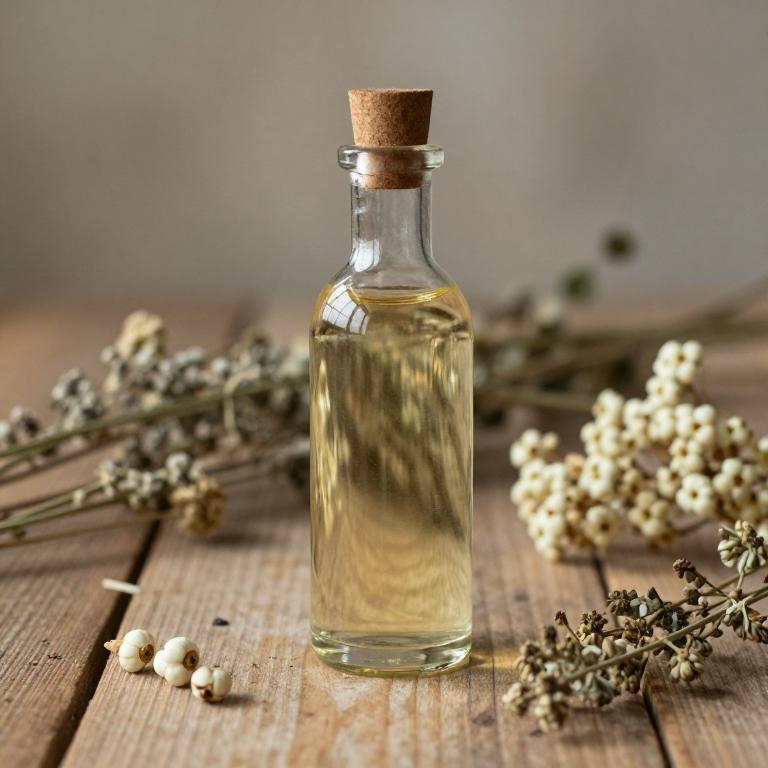
Valeriana officinalis, commonly known as valerian, is a traditional herbal remedy that has been used for centuries to promote relaxation and improve sleep.
Herbal syrups made from valerian root are often recommended for individuals experiencing mild to moderate symptoms of depression and anxiety due to their calming properties. These syrups contain compounds such as valerenic acid and essential oils that may help regulate neurotransmitters like GABA, which play a key role in mood regulation. While valerian is generally considered safe for short-term use, it is important to consult a healthcare professional before incorporating it into a treatment plan for depression.
As a complementary therapy, valerian herbal syrup may offer some relief, but it should not replace prescribed medications without medical supervision.
3. Maypop (Passiflora incarnata)
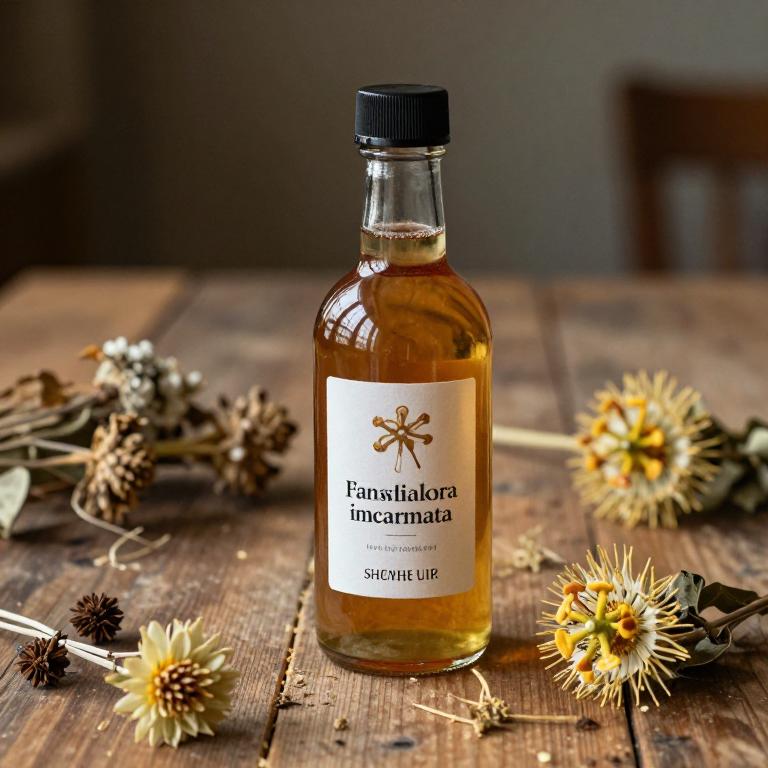
Passiflora incarnata, commonly known as wild passionflower, has been traditionally used in herbal medicine for its calming effects and potential benefits in managing symptoms of depression.
Herbal syrups made from Passiflora incarnata are often prepared by combining the dried flowers with sweeteners and alcohol or water, creating a soothing and easily consumable form. These syrups are believed to support emotional balance by promoting relaxation and reducing anxiety, which can be closely linked to depressive symptoms. Some studies suggest that the active compounds in passionflower, such as flavonoids and harmine, may influence neurotransmitter activity in the brain.
While more research is needed, many individuals use passiflora incarnata herbal syrups as a natural complement to conventional treatments for mild to moderate depression.
4. Licorice (Glycyrrhiza glabra)

Glycyrrhiza glabra, commonly known as licorice, has been traditionally used in herbal medicine for its potential antidepressant effects.
Herbal syrups made from licorice root are believed to support emotional well-being by modulating stress responses and enhancing mood regulation. The active compounds in licorice, such as glycyrrhizin and flavonoids, may contribute to its antidepressant properties by influencing neurotransmitter activity and reducing inflammation in the brain. While research on licorice syrups for depression is limited, some studies suggest they may offer a complementary approach to conventional treatments.
As with any herbal remedy, it is important to consult a healthcare professional before using licorice syrups, especially for individuals with preexisting health conditions or those taking other medications.
5. Echinacea (Echinacea purpurea)

Echinacea purpurea, commonly known as purple coneflower, is traditionally used in herbal medicine for its immune-boosting properties, but recent research suggests it may also have potential benefits for mental health.
While not a primary treatment for depression, some studies indicate that echinacea extracts may help reduce symptoms by influencing neurotransmitter activity and reducing inflammation in the brain. Herbal syrups containing echinacea are often used as complementary therapies to support overall well-being and mood regulation. These syrups are typically made from dried echinacea roots and flowers, and are available in various formulations.
However, it is important to consult a healthcare professional before using echinacea for depression, as it may interact with other medications and is not a substitute for conventional treatments.
6. Lemon balm (Melissa officinalis)
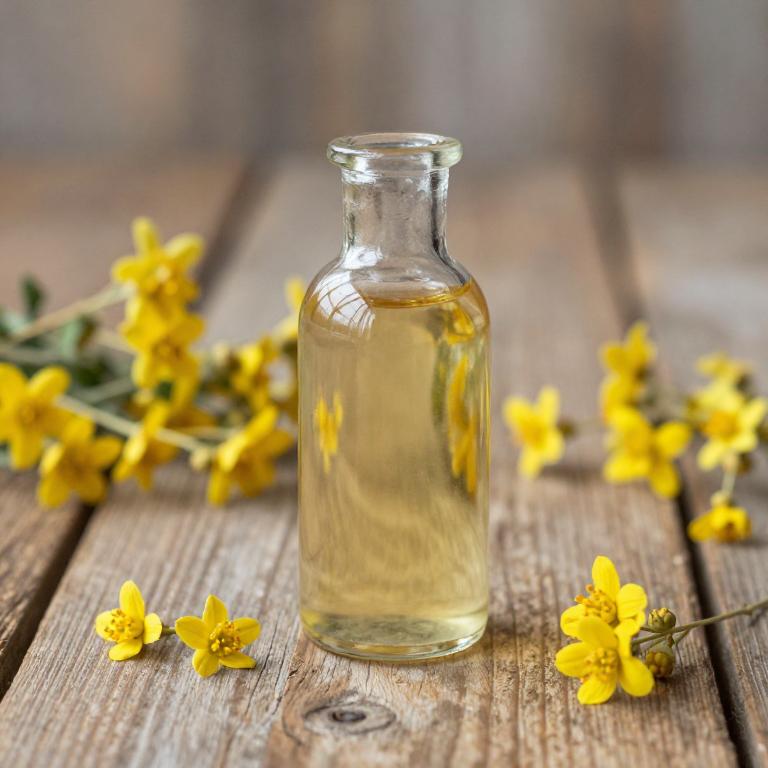
Melissa officinalis, commonly known as lemon balm, has been traditionally used for its calming effects and is often incorporated into herbal syrups for the management of mild depressive symptoms.
These syrups typically combine lemon balm with other adaptogenic herbs like ashwagandha or St. John’s Wort to enhance mood regulation and stress reduction. The active compounds in lemon balm, such as rosmarinic acid and flavonoids, are believed to support neurotransmitter balance and promote a sense of well-being. Herbal syrups offer a natural, easily consumable alternative for individuals seeking gentle support for emotional health.
However, it is important to consult with a healthcare provider before using these syrups, especially if taking other medications, to avoid potential interactions.
7. Black cohosh (Cimicifuga racemosa)
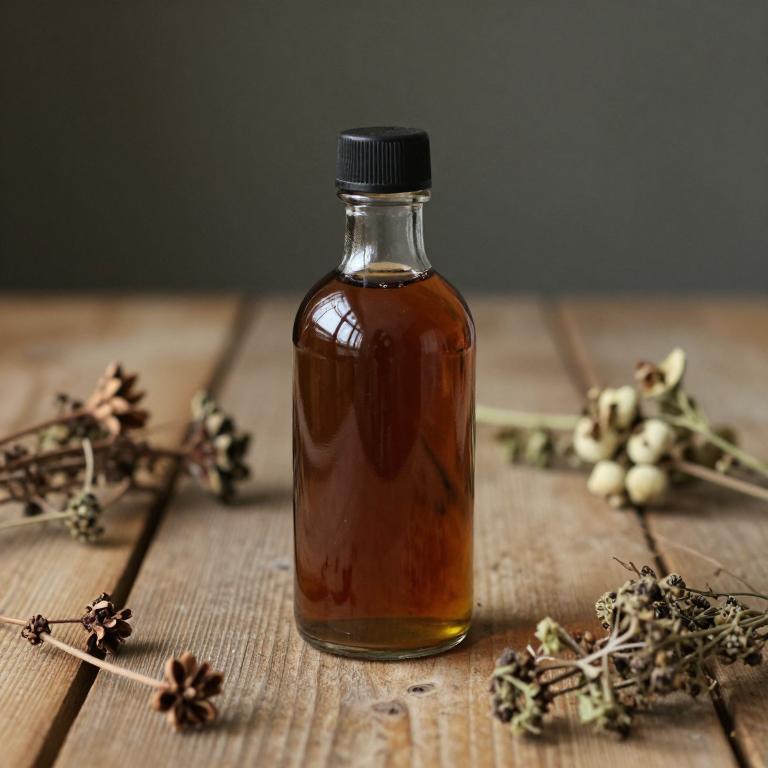
Cimicifuga racemosa, commonly known as black cohosh, is a herbal remedy that has been traditionally used to address symptoms of depression and menopausal-related mood disorders.
Herbal syrups made from Cimicifuga racemosa are often prepared by extracting the roots of the plant with alcohol or water, creating a concentrated form that can be easily absorbed into the bloodstream. Some studies suggest that the compounds in black cohosh, such as triterpene glycosides, may influence neurotransmitter activity and hormone balance, potentially contributing to its antidepressant effects. While it is generally considered safe for short-term use, it is important to consult a healthcare provider before starting any herbal treatment, especially for individuals with pre-existing medical conditions or those taking other medications.
As with any supplement, the effectiveness of Cimicifuga racemosa herbal syrups may vary, and it should not replace conventional treatments for depression without professional guidance.
8. Maca (Lepidium meyenii)
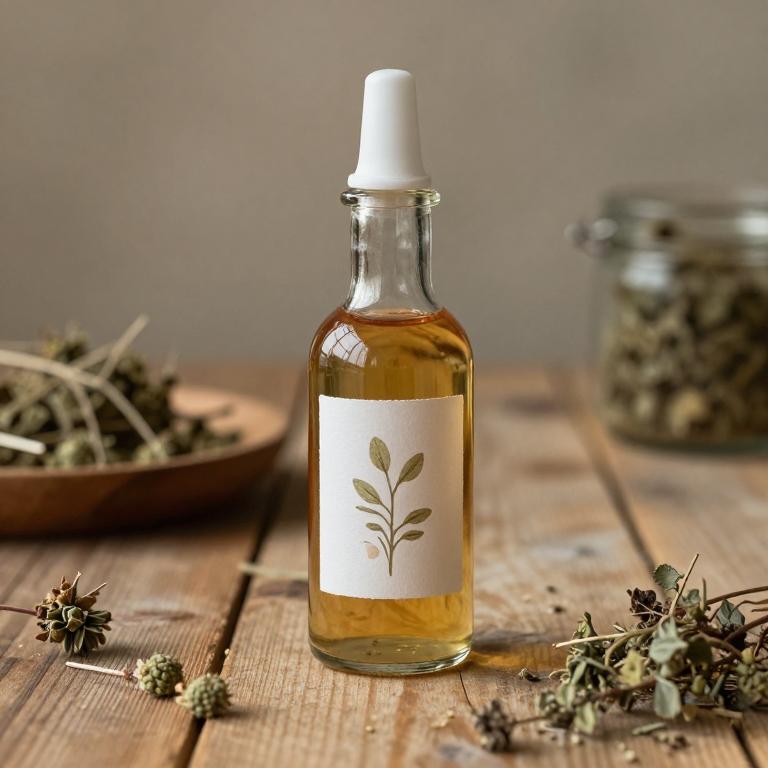
Lepidium meyenii, commonly known as maca, has been traditionally used for its potential health benefits, including its possible effects on mood and mental well-being.
While maca root is often consumed as a powder or supplement, some formulations include it in herbal syrups, which may be used to support emotional balance and alleviate symptoms of depression. These syrups typically combine maca with other adaptogenic herbs and natural sweeteners to enhance bioavailability and palatability. Research on maca's impact on depression is still emerging, but some studies suggest it may help regulate neurotransmitter levels and reduce stress.
As a complementary therapy, maca-based syrups are sometimes recommended alongside conventional treatments for depression, though they should not replace professional medical advice.
9. Chaste tree (Vitex agnus-castus)

Vitex agnus-castus, commonly known as chasteberry, has been traditionally used in herbal medicine to support emotional well-being and hormonal balance.
Herbal syrups made from Vitex agnus-castus are often used to address symptoms of mild depression and mood swings, particularly in women experiencing hormonal fluctuations. These syrups are believed to influence the pituitary gland, potentially improving mood and reducing anxiety. While scientific research on its efficacy for depression is limited, many users report positive effects when combined with other holistic approaches.
As with any herbal remedy, it is important to consult a healthcare provider before use, especially for individuals with pre-existing conditions or those taking other medications.
10. English lavender (Lavandula angustifolia)
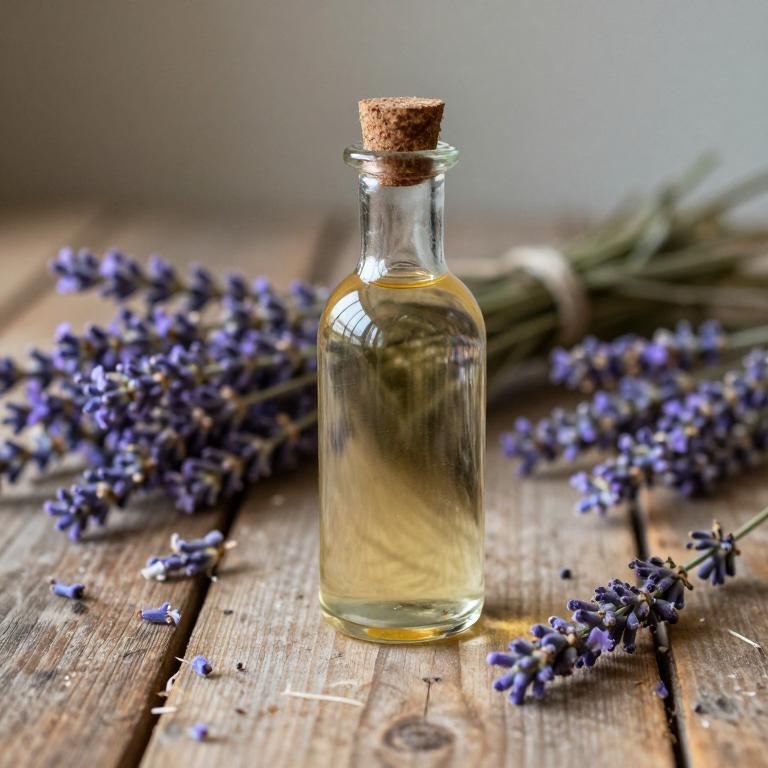
Lavandula angustifolia, commonly known as English lavender, has been traditionally used for its calming properties, and recent research suggests that lavender-based herbal syrups may offer potential benefits for individuals experiencing symptoms of depression.
These syrups typically contain essential oils extracted from dried lavender flowers, which are known for their soothing and mood-enhancing effects. Studies have indicated that the compounds in lavender, such as linalool and lavandulyl acetate, may help reduce anxiety and improve mood by interacting with the central nervous system. While lavender syrups are not a substitute for conventional antidepressants, they may serve as a complementary therapy for mild to moderate depression when used under professional guidance.
As interest in natural remedies grows, more clinical trials are needed to fully understand the efficacy and safety of lavender-based herbal syrups in treating depression.